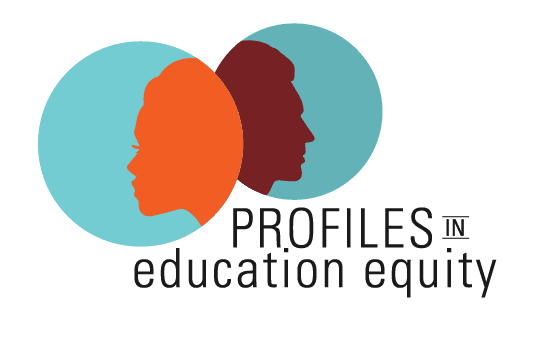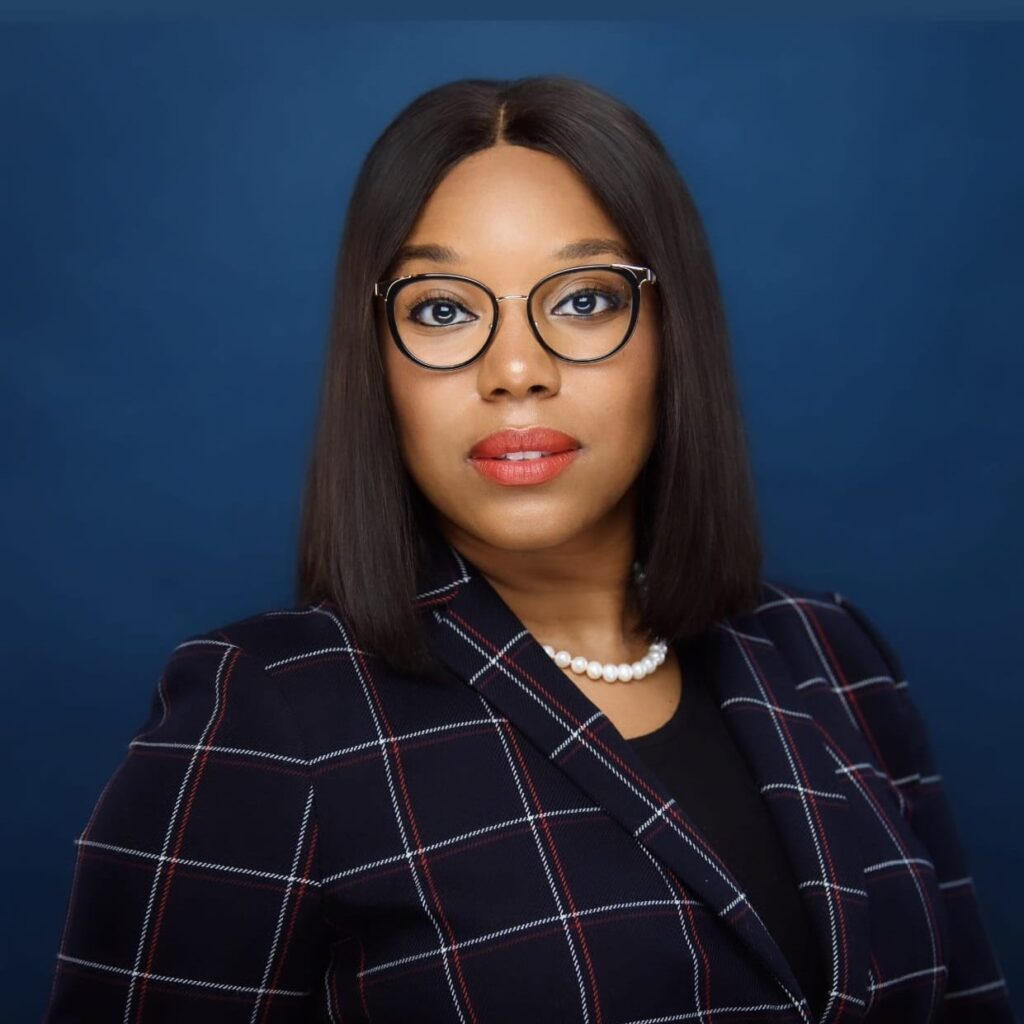Kristen Smith is the Louisiana director of programs and organizing for Leadership for Educational Equity, a nonprofit leadership development organization inspiring and supporting a network of civic leaders to end the injustice of educational inequity. Let’s get to know her better.
Define how you advance education equity in Louisiana.
As a former educator, I have seen the opportunity gap firsthand within our public school systems in both Illinois and Louisiana, and because of this, I was inspired to do something about it. Currently, as an organizing strategist with Leadership for Educational Equity and as a co-founder of South Louisiana Coalition for Education, I support the leadership development of civically engaged educators, parents, students, and community members to implement equitable policies that positively impact education. On any given day, I am planning or leading trainings, drafting op-eds, forming new relationships with stakeholders, or using digital organizing tactics to make sure that our policy leaders are leading with an equity lens; and if they are not, I am committed to making sure we create a pipeline for future candidates that will.
Share one big success from your work to date.
Prior to moving to Louisiana, I worked as an instructor and assistant to the director of the Education Justice Project, a model college-in-prison program at Danville Correctional Center, a medium-maximum center. Through this work, I was inspired to return to my home state to teach as 2014 Teach for America South Louisiana corps member. At the time, Louisiana had the highest per-capita incarceration rate in the world. Every day on my way to teach, I would pass by a prison and then enter a school building that was grossly underfunded. In 2017, I was the co-chair of South Louisiana Coalition for Education, SLCE, and testified before the Louisiana Senate Education Committee on HB79, a bill that abolishes corporal punishment for students with exceptionalities. This bill was substantial because it provides equity for the neediest students in Louisiana’s schools by eliminating a behavioral intervention long shown to do more harm than good. HB79 passed the Senate Education Committee and is now Act 260. SLCE was invited to Governor John Bel Edwards signing day as he signed HB79, now Act No. 266 into law.
Since then, I have had the pleasure to attend multiple legislative signings days celebrating new policies that decrease the school-to-prison pipeline here in Louisiana, but organizing around HB79 was the first time that I was able to amplify my voice as an educator to make sure that we have a seat at the table to create policies that directly impact our classrooms.
What (or who) motivates you to advocate for education equity?
My grandfather, Felton Minor, is 88 years old and was raised by his great grandmother, Alice Cummings, a former enslaved child who later labored as a midwife. My grandfather grew up hearing Alice’s memories of fetching the Yankee soldiers’ water from her plantation’s well. These stories and her dedication instilled within him the importance of an education despite the state of Louisiana limiting his access to attend high school, just like many other Black students in the rural south during the first half of the 20th century. These stories shaped me to see education as a tangible concept that has the power to liberate. Far too many students are still being denied access to a high-quality education, and it is because of Alice and Felton that I remain relentless in my pursuit to advance educational equity across Louisiana.
What is your favorite quote? Why?
“I love America more than any other country in this world, and, exactly for this reason, I insist on the right to criticize her perpetually.” James Baldwin
America is a beautiful place to live, however it can be better, and we should be honest about this if we want to improve. In our everyday 9-5’s, feedback loops are the norm, and I think it should be the same way for our country. Organizing and advocating to implement equitable policies and demanding that we evaluate existing ones for impact is our way of providing direct feedback to better inform our government on what we need and how our leaders can do it.
What do you think is the most pressing education equity issues right now? How can advocates address this challenge?
Quite often, equity is used as a euphemism for racism, and it fails to address the symptoms (issues) that we see because of structural inequalities at the root of our American public education system. Our pressing educational equity issues right now will remain pressing issues until we create diversity, equity, and inclusion offices that demand equitable practices, procedures, and policies in every district or charter management organization (CMO), including equitable funding. As a result of COVID-19, digital redlining, the systemic denial of technological services due to students and their families living in low-socioeconomic areas, has been exacerbated at scale. Educators and families are grappling with the question: How to ensure safety and high-quality virtual instruction during a pandemic?
Advocates can address these challenges by organizing in support of anti-racism and bias initiatives in their school districts. Ask questions: Does your district have an office dedicated to equity? If not, consider collective action strategies to demand one. Also, understand your district’s communications plans to see how they are addressing the need to ensure safety and high-quality instruction. Learn more about ways your local school systems, public utility companies, and nonprofits are working together to bridge technology gaps.
What’s next in regards to your work?
I look forward to growing as an advocate, organizer, and policy leader in Louisiana to ensure that each student in our public schools can receive an equitable education. I look forward to future campaigns and speaking opportunities to engage others to reimagine a public education system that clearly defines high-quality instruction and for what purpose. I want to know what the average child learns about themselves and their opportunities within our given system. If we are unhappy with this answer, then we have more work to do. Additionally, I am working on my doctor of education with a concentration in diversity and equity at the University of Illinois, and I am looking forward to life as a leading expert and practitioner within this field.





